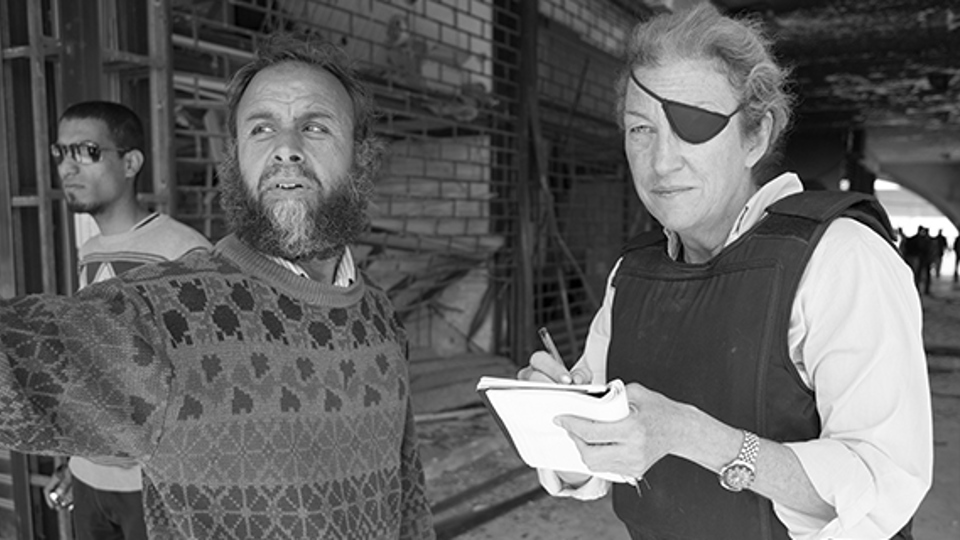Youth Amicus Filing on Climate Change before the Inter-American Court of Human Rights
Hausfeld represents the Center for Human Rights and Environment (CHRE) and its program Fast Action on Climate to Ensure Intergenerational Justice (FACE) in their filing of an amicus brief before the Inter-American Court of Human Rights in its advisory proceedings on climate change. FACE is a youth-led initiative that focuses on climate and environmental justice as it relates to fast mitigation strategies that aim to reduce short-lived climate pollutants and preserve carbon sinks, with the overall objective of preserving the planet for future generations.
Background
The world is facing a climate emergency resulting from human-made greenhouse gas emissions causing the planet to heat up fast with unprecedented climatic effects and disastrous consequences for people, nature, and the planet. The damaging impacts are already occurring now throughout the world, with several of the most devastating effects disproportionately harming Latin America and the Caribbean. The youth, children, and future generations are also disproportionally harmed, both because children and the youth are particularly vulnerable to certain impacts of climate change, and these groups will live farther into a future plagued by a more devasting climate change impacts than those occurring today.
States across the world have failed to take appropriate measures to protect children, the youth, and the planet from the threat of climate change. With current policies, global warming could surpass the 1.5°C guardrail by the end of this decade. Beyond 1.5°C, many climate impacts are predicted to become non-linear, abrupt, irreversible, and catastrophic – pushing us closer to a “hothouse” climate state where billions of people live in places that become too hot for human habitation.
Climate change has already impaired and further threatens numerous human rights, including the right to life, the right to health, the rights to food and water, the right to a healthy environment, and, with children being particularly vulnerable to climate change – the rights of the child. The impacts of climate change on human rights, the principles of international environmental and climate change law, and established human rights law, all inform and support the conclusion that States’ binding human rights obligations require them to take urgent mitigation action.
Action
On January 9, 2023, Colombia and Chile submitted a request for an advisory opinion to the Inter-American Court of Human Rights, seeking clarification regarding the scope of States’ obligations to respond to the climate emergency within the framework of international human rights law.
In these advisory proceedings, Hausfeld represents CHRE and FACE in their amicus brief filing before the Inter-American Court of Human Rights. Their brief focusses on the interrelated issues of the urgent need for fast mitigation and ensuring intergenerational justice. In their amicus brief, CHRE and FACE requested that the Court advise States that their binding obligations to respect and ensure numerous human rights require (i) their executive and legislative branches to immediately implement the required mitigation measures consistent with ensuring global warming is limited to 1.5°C and (ii) their domestic courts to enforce the human rights that require these mitigation measures.
The amicus brief can be found here.
Outcome
The Court has scheduled hearings on April 23-25 in Barbados and May 24, 27-29 in Brazil. Hausfeld’s Samantha Derksen will represent CHRE and FACE in their oral argument at the hearing in Barbados on April 24, 2024.






